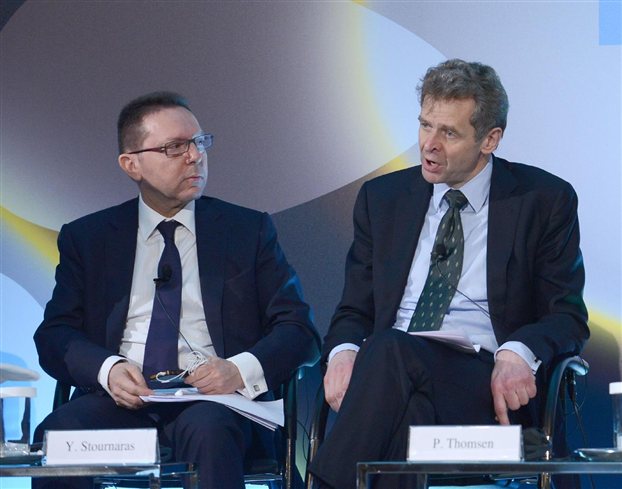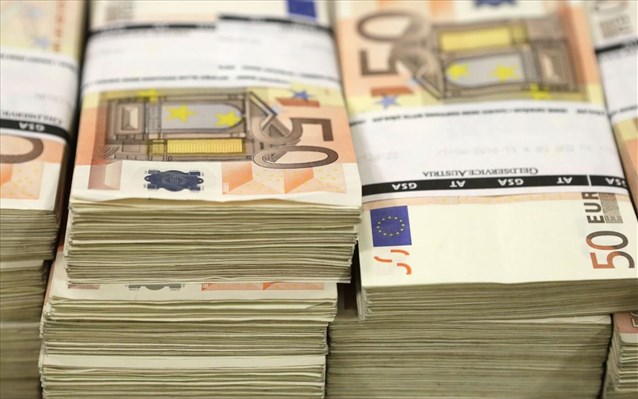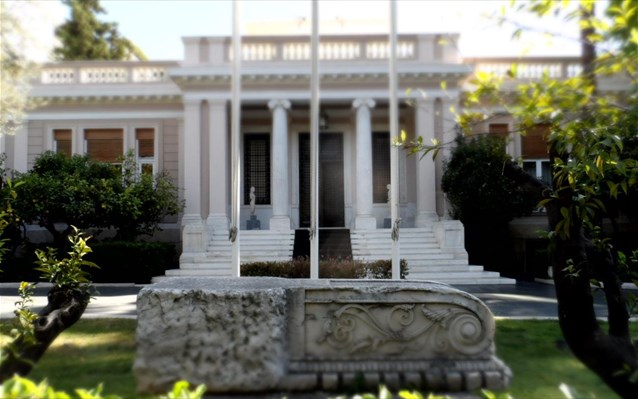Photos: Ethnos
Dark clouds are hanging over Antonis Samaras’ economic team that failed to reach an agreement with the representatives of the lenders. Paul Thomsen from the International Monetary Fund, Mathias Morse from the European Commission and Klaus Masuch from the European Central Bank will leave Athens today and will report to their superiors that the Greek 2014 budget arguments were not convincing. According to the representatives of the lenders, there will be a gap of between 1.9 and 2.9 billion euro in the budget for next year. Also today, Finance Minister Yiannis Stournaras will submit for discussion in parliament the draft budget in which, according to the government, there is a 700 million euro surplus. So, precisely these figures are the reason for the big difference between the lenders and the government of Samaras.

In recent weeks, the lenders’ representatives had held many meetings with Minister of Finance Yiannis Stournaras, Minister of Development Kostis Hatzidakis, Minister of State Administration Kyriakos Mitsotakis, Minister of Employment Yiannis Vroutsas, Governor of the Bank of Greece George Provopoulos. There were many signs that the course of the negotiations was not what it should be and at the latest meeting of the Eurogroup, its president Jeroen Dijsselbloem and Finance Commissioner Olli Rehn showed clear dissatisfaction with the progress of Greece. The representatives of the lenders returned to Athens and continued the negotiations but no agreement was reached.
A source from the Ministry of Finance states before the Athens News Agency APE that the lenders do not insist on reducing the wages and pensions and on increasing the taxes but demand significant cuts in public sector employees, closure of unprofitable military enterprises, bolder privatisation and faster structural reforms.

Meanwhile, the Court of Auditors of Greece has announced that the public debt has increased by 18.4 billion euro compared to the same period of 2012. Despite two haircuts of the debt to private lenders, known as PSI and PSI +, the Greek debt is still increasing and, so it seems, this issue will explode with delay. Currently the debt amounts to 321.4 billion euro or 175.9% of Greece’s gross domestic product. The Court of Auditors recalls that, over the next five years, several groups of government bonds and other securities will be due and Greece will have to pay them if it wants to avoid the sovereign default.

This is the burden that Prime Minister Antonis Samaras will carry tomorrow, Friday, to Berlin, where he will meet with German Chancellor Angela Merkel whose spokesman Steffen Seibert yesterday threw cold water on the Greek government by stating that "this a notifying visit rather than a visit for negotiations." Moreover, to clarify what he meant, he added, "I am saying this in case there are false expectations."